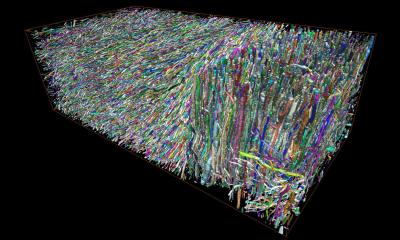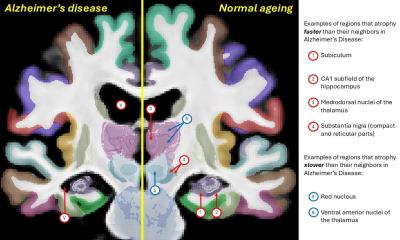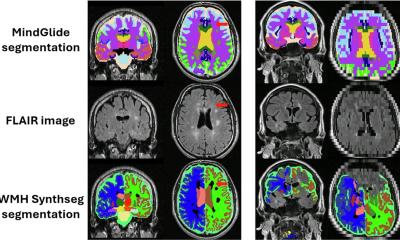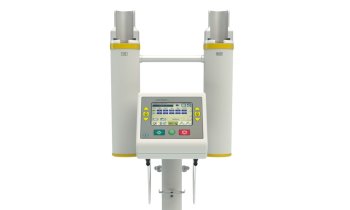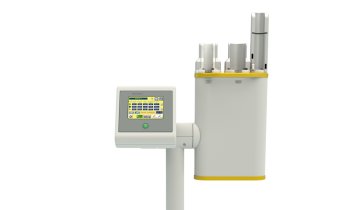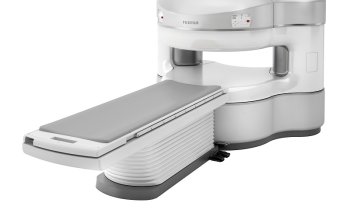Fructose produces less rewarding sensations in brain
Fructose not only results in a lower level of satiety, it also stimulates the reward system in the brain to a lesser degree than glucose. This may cause excessive consumption accompanied by effects that are a risk to health, report researchers from the University of Basel in a study published in the scientific journal PLOS ONE. Various diseases have been attributed to industrial fructose in sugary drinks and ready meals.
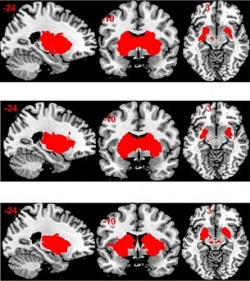
Fruit sugar, or fructose, is a carbohydrate that occurs naturally in fruits and vegetables and is generally harmless in this form. Despite their similar structures, fructose and glucose – that is, pure grape sugar – affect the body very differently: an intake of glucose causes a sharp increase in blood insulin within minutes, whereas fructose stimulates insulin secretion to a limited degree only.
Teams of researchers led by Professor Christoph Beglinger from the University Hospital and Professor Stefan Borgwardt from the Psychiatric University Clinics (UPK Basel) have now taken a more in-depth look at how these two types of sugar affect interactions between the gastrointestinal tract and the brain. Their work was funded by the Swiss National Science Foundation. In their study, the researchers used combined pharmacological and imaging methods such as functional magnetic resonance imaging (MRI).
Brain activity examined
In the placebo-controlled, double-blind study, twelve healthy young men were given either fructose, glucose or a placebo by way of a feeding tube. Blood samples were then taken from the subjects to measure satiety hormones. The subjects were also asked about how satiated they felt, and their brain activity was monitored by MRI while at rest.
The findings of the pilot study were as follows. Unlike glucose, fructose is less effective at creating feelings of satiety and stimulating the reward system in the brain. An analysis of the MRIs in fact showed that the two types of sugar differed greatly in terms of network activation within the hippocampus and amygdala areas of the limbic system, i.e. the regions of the brain that regulate emotions and impulses. Furthermore, in contrast to glucose (which stimulated a strong signal) the levels of satiety hormones in the blood barely or only minimally increased following fructose consumption. The subjective feeling of satiety also tended to be less affected by the consumption of fructose.
The problem of fructose
“The study may provide the first key findings about the lack of satiety and rewarding effects triggered by fructose,” state lead authors Dr Bettina Wölnerhanssen and Dr Anne Christin Meyer-Gerspach. The role of the differing insulin levels and other effects will have to be demonstrated in further studies with more test subjects. Research is increasingly finding indications that isolated, industrially manufactured fructose – which is increasingly used in sugary drinks, sweets and ready meals – is problematic for the human body. It is suspected that fructose promotes the development of various disorders such as obesity, diabetes, fatty liver disease and gout.
Original source
Bettina Karin Wölnerhanssen, Anne Christin Meyer-Gerspach, André Schmidt, Nina Zimak, Ralph Peterli, Christoph Beglinger, Stefan Borgwardt, Dissociable Behavioral, Physiological and Neural Effects of Acute Glucose and Fructose Ingestion: A Pilot Study
Plos One, published June 24, 2015, doi: 10.1371/journal.pone.0130280
Source: University of Basel
02.07.2015



